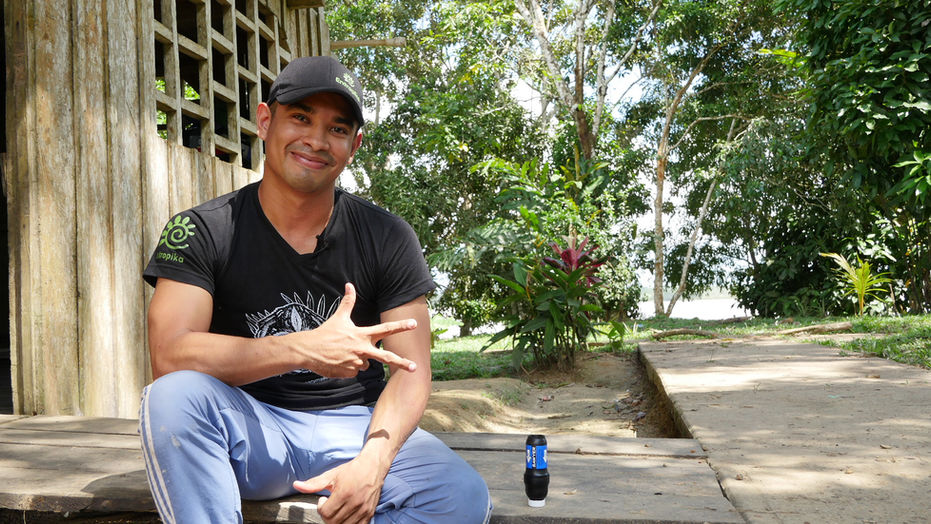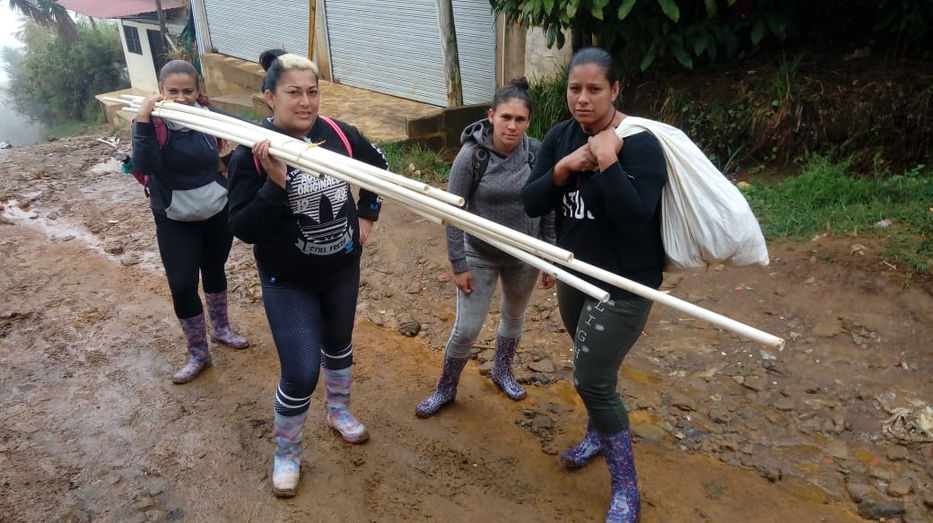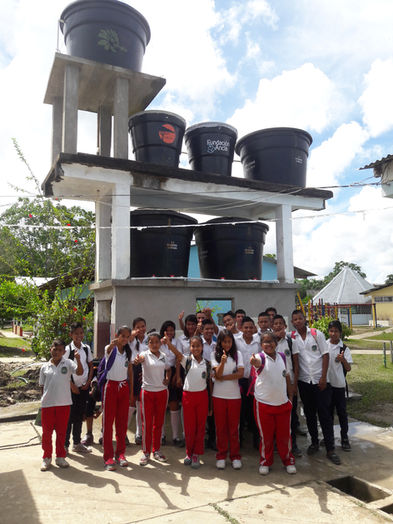

CLEAN DRINKING WATER
Access to water is a fundamental human right that is crucial to poverty reduction. It is also one of the eight Millennium Development Goals.
The lack of potable water in indigenous communities drastically limits their opportunities for economic development, leaving only extractive activities detrimental to the ecosystem and the long-term survival of these communities as main sources of income.
Entropika’s water program aims to improve access to clean drinking and potable water, basic sanitation and hygiene in indigenous communities, schools and marginal neighborhoods of Colombia and Peru through the implementation of alternative water filtration technologies, while empowering target groups in their use and maintenance.
The program current benefits around 16.000 people in three regions, each of which face their own unique challenges
26 TIKUNA INDIGENOUS COMMUNITIES
Indigenous communities located along the banks of the Amazon River (18 in Colombia and 8 in Peru), as well as 6 schools and 1 orphanage in Leticia, capital of the Colombian Amazon.
Approximately 9,350 people in this region benefit from this initiative. Water filtration technologies include micro-membrane and bio-sand filters at household level, as well as descentralized aqueducts operated by the community.
"EL PINAR" NEIGHBOURHOOD, MEDELLIN
In the vulnerable neighbourhood of "El Pinar", located in the suburbs of Medellin, the second biggest city of Colombia, we have installed 840 micro-membrane filters that operate in homes, schools and community centers, benefiting around 5,700 people.
WAYUU COMMUNITY, RIOHACHA
In the Wayuu indigenous community of Paraíso, Riohacha, La Guajira (an arid region to the north of Colombia), a solar-powered reverse osmosis treatment plant benefits approximately 950 people.
Of these, approximately 700 are students from surrounding communities that attend school in Paraíso.
A network of local water coordinators has been set up in each one of these regions. These are trained in the installation, maintenance and use of the various water filtration technologies in order to make sure these are used correctly and will last in the long-term.
Entropika’s water team also regularly visits the communities, schools, and marginalized neighborhoods where the program operates.
The water program has improved the health of indigenous communities and vulnerable neighborhoods where it has been implemented, by reducing water-borne diseases that cause vomiting and diarrhea, and raises local awareness on the importance of having access to clean water, basic sanitation, and education.
These results also amplify the impacts of Entropika’s line of work to improve access to education (see link to project) since a student who is ill cannot attend classes or dedicate time to studying.
These interventions have received attention from the local and national government, as well as international NGOs, and will continue to expand to more Tikuna and Wayuu indigenous communities of the Amazon and La Guajira, as well as to other marginalized neighbourhoods of Medellin.



















































